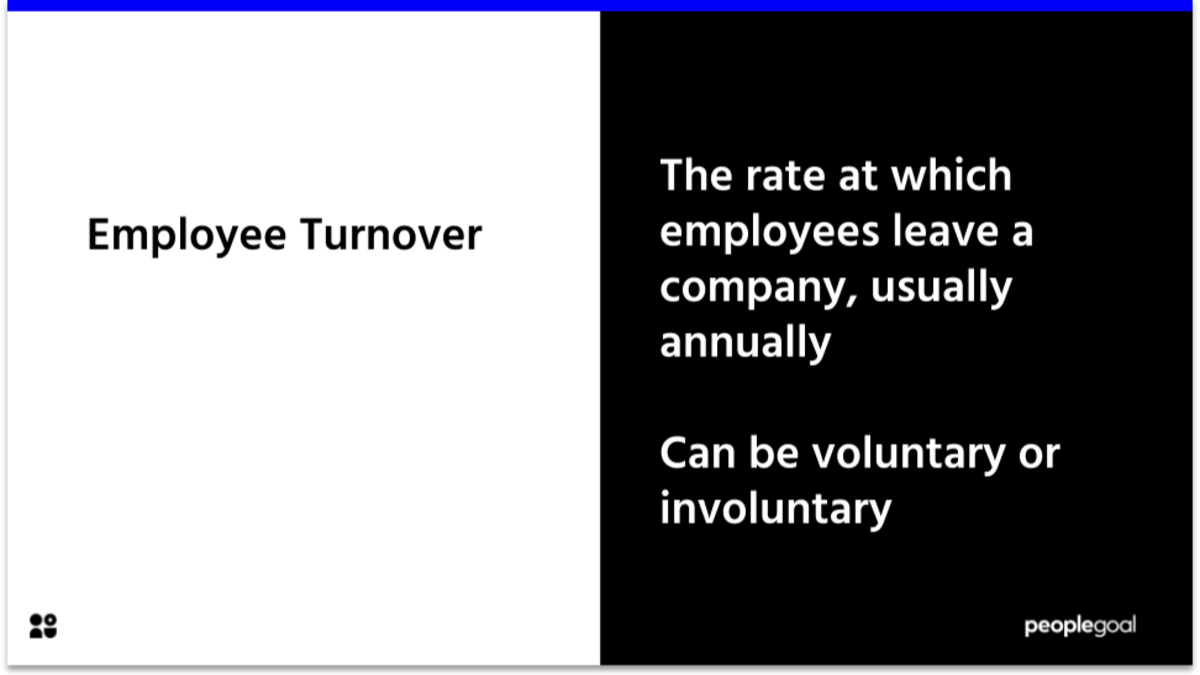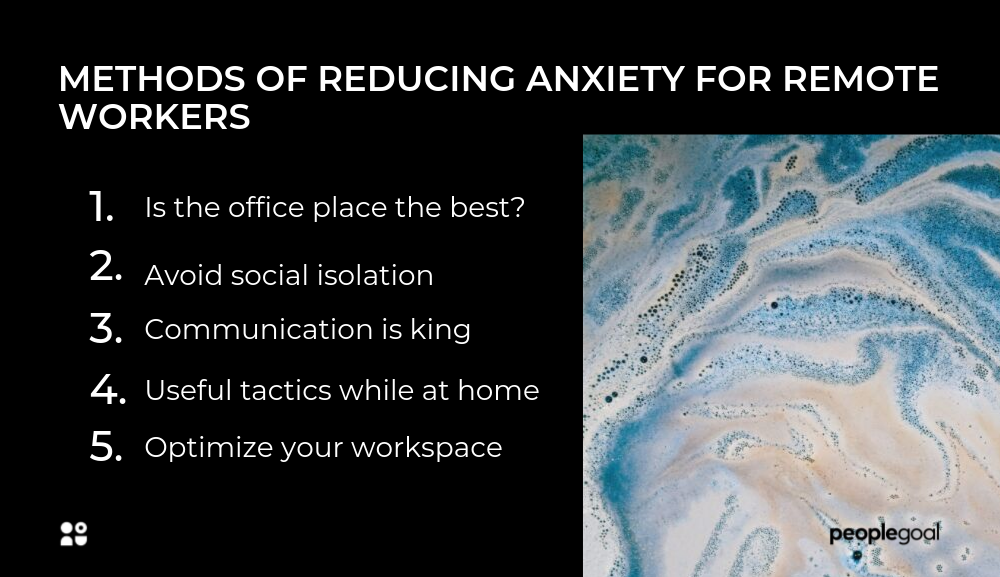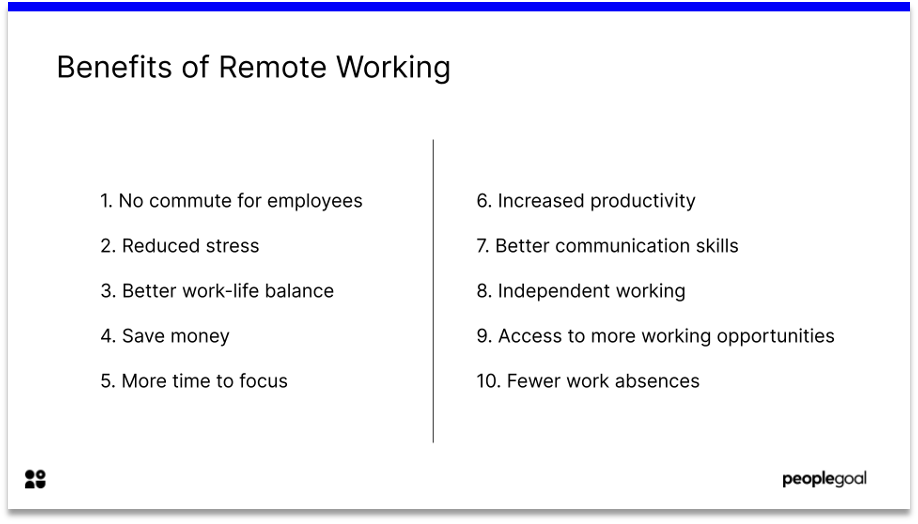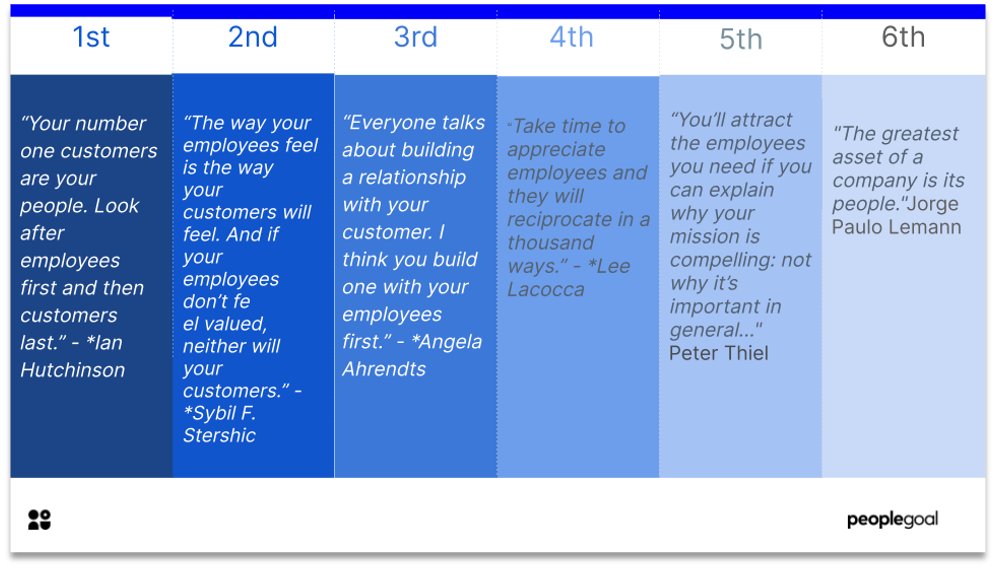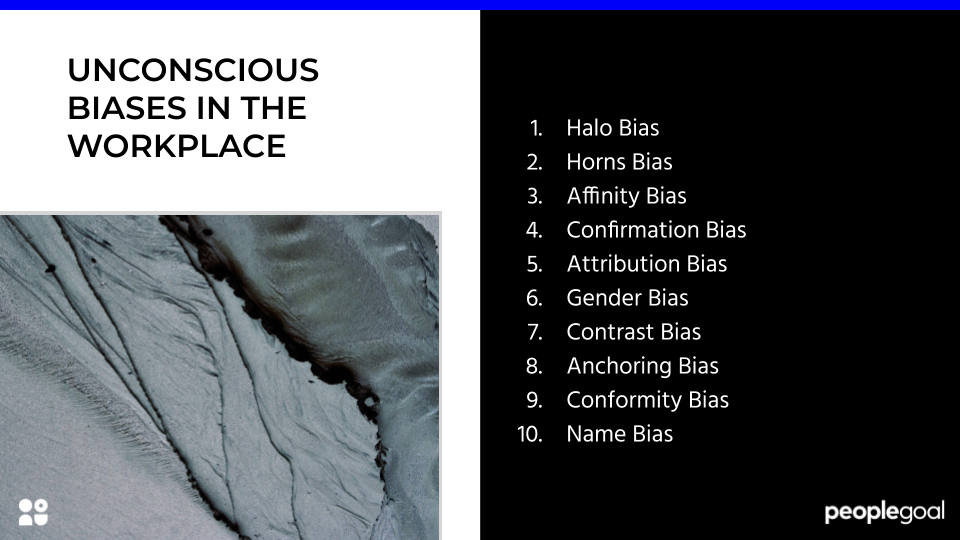What is positive psychology?
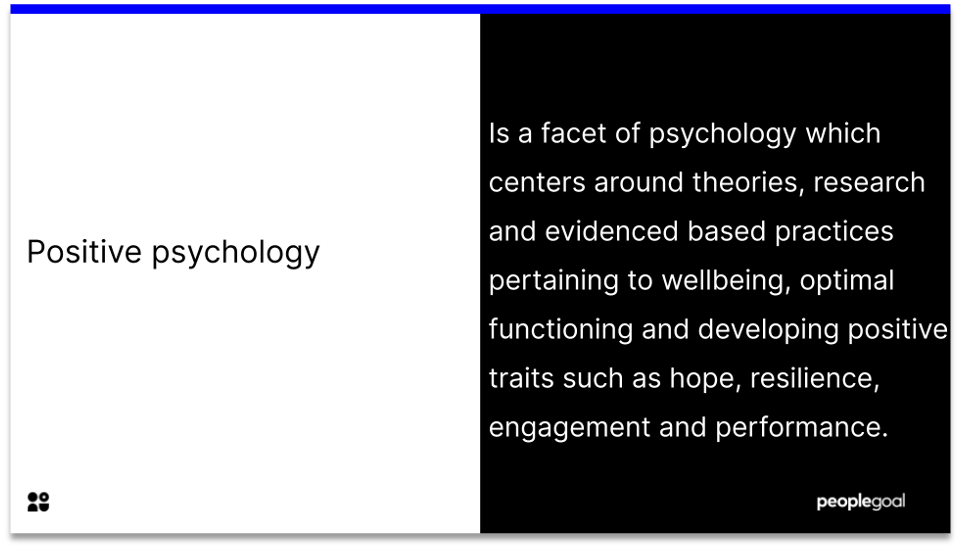
Positive psychology is a facet of psychology which centers around theories, research and evidenced based practices pertaining to wellbeing, optimal functioning and developing positive traits such as hope, resilience, engagement and performance. At a superordinate level, it is a branch of psychology which focuses on the strengths that help people to thrive. It provides practical tools to help people lead fulfilling lives – whether that is in work, education, personal development or relationships, among others. The term positive psychology may also be defined as the study ofoptimal functioning, focusing on aspects which lead to authentic happiness, wellbeing and fulfilment, with core positive psychology research topics including science of happiness, wisdom and creativity to name a few.
Embedded content: https://www.youtube.com/watch?v=5CpLEOO5oyo
What is coaching?
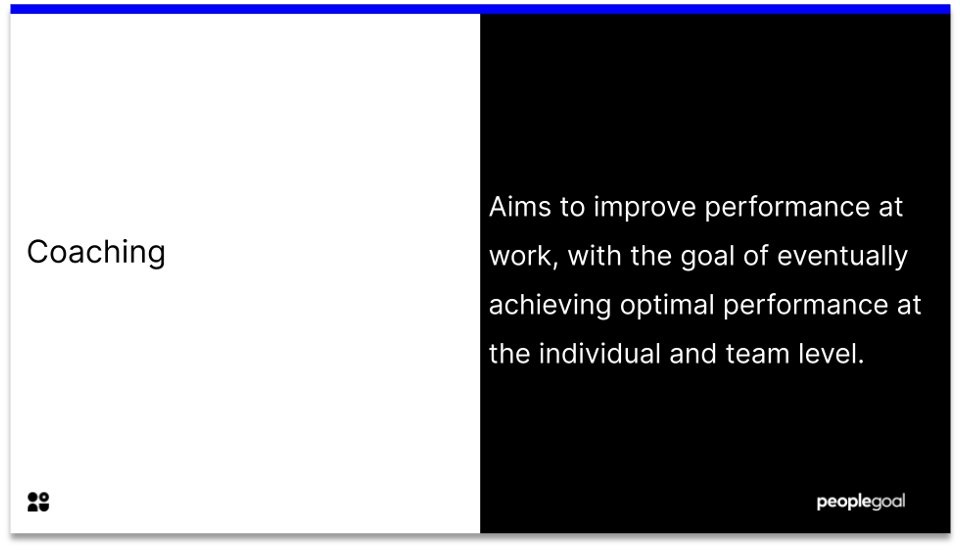
Coaching aims to improve performance at work, with the goal of eventually achieving optimal performance at the individual and team level. It has a specific focus on skills and goals. Coaching comes in two different formats. It can be enrolled for a defined period of time focusing on specific elements of workplace skills. Or, coaching can be integrated into an on-going management style.
Here are some generally agreed characteristics of coaching in organizations:
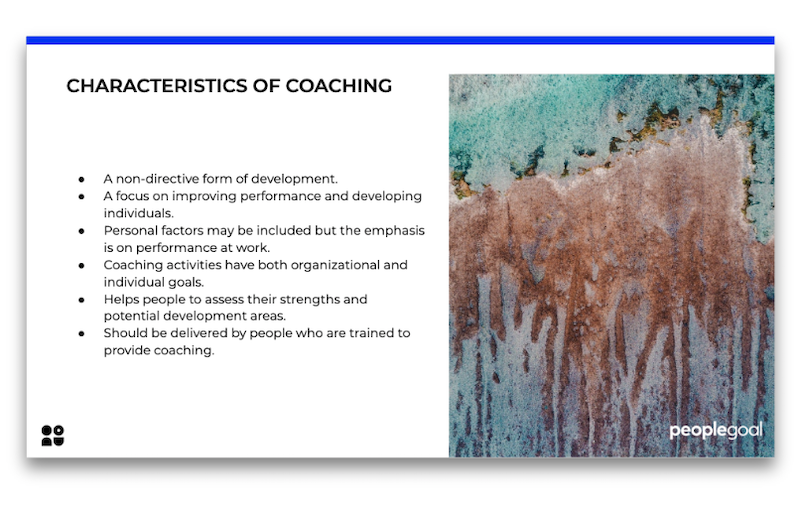
- A non-directive form of development.
- A focus on improving performance and developing individuals.
- Personal factors may be included but the emphasis is on performance at work.
- Coaching activities have both organizational and individual goals.
- Helps people to assess their strengths and virtues and potential development areas.
- Should be delivered by people who are trained to provide professional coaching.
Integrating positive psychology and coaching
There is a strong linkage between positive psychology and coaching which can transpire both into theory and practice when trying to help individuals achieve their aim. It provides an evidence-based framework to be applied onto coaching. While traditional coaching approaches involve forming positive relationships as well as a string of another benefits, but with the application of positive psychology, coaching sessions can provide unique and niche benefits attributed to them.
To sum it up, Kauffman, Boniwell and Silberman defined positive psychology coaching as “a scientifically-rooted approach to helping clients increase well-being, enhance and apply strengths, improve performance and achieve valued goals”.
So how are they linked?
Both positive psychology and coaching focus on improving the performance and of the individual; they are geared towards the promotion of ‘optimal functioning across the full range of human functioning, from disorder and distress to health and fulfilment’.
Positive psychology coaching is a strengths-based approach. Your character strengths are the focus of the approach, and it is geared developing your strengths rather than fixing your weaknesses. Coaching can help you harness these inner resources and help you on your path to success.
Here are some ways that it can support you:
- Identify and enhance your strengths
- Boost performance
- Increase productivity
- Help to reach your goals
- Build psychological capital
- Increase resilience
- Help to build stress coping mechanisms
- Support positive well-being
- Optimism perspective training
- Stimulate creativity
- Engagement in different facets of life (both at work and home)
- Manage transitions at work and in life
- Discover new directions and opportunities
- Recover from different levels of depression (alongside other helping methods)
- Burnout recovery
- Experience a positive transformation
Positive psychology coaching for health and wellbeing

Positive psychology coaching can help individuals identify what issues may be apparent in their lives, with regard to health and wellbeing. It has a focus on health and wellbeing with extensions towards nutrition and physical exercise. This type of coaching focuses on the everyday choices an individual makes. It can help people who are either generally healthy, that is, promotion and prevention, or suffering from some level of recognized illness or disease, that is, management.
Positive psychology coaching for positive leadership
For a more in depth look at positive psychology coaching for positive leadership I would recommend this book ‘Positive Psychology Coaching in Practice’ by Suzy Green and Stephen Palmer. Positive psychology coaching for leadership has the potential to enable optimum employee functioning both at the individual and team level. It can be applied in three broad areas: professional/personal well-being, emotional agility and vision alignment. Emotional awareness and experience of self and others are imperative to leadership to help forge real, empathic and flourishing relationships and additionally to aid commitment and engagement to the organizational and leadership vision.
Whether your interest stems from a desire to help yourself or others, positive psychology coaching is a powerful tool for personal growth and development.
If you liked this blog, you might like the one we wrote on the psychology of performance reviews.
Ready to 3x Your Teams' Performance?
Use the best performance management software to align goals, track progress, and boost employee engagement.


